A typical Friday workday at Hoʻoulu ʻĀina involves harvesting, weeding and planting seeds in their organic dryland farm. This food gets distributed to the community of Kalihi. (Photo by Sarah Burchard)
By Sarah Burchard | Staff Writer
On March 7, founder of Hui O Hoʻohonua, Anthony Chance, was interviewed on HPR’s The Conversation. The Oʻahu 501(c)3 nonprofit, commonly known as HOH808, has been clearing invasive plants from the waterways around Puʻuloa (Pearl Harbor) for eight years in order to reduce the risk of floods and restore native habitats and ecosystems. Last month, Chance had to lay off his entire staff from a sudden loss of federal funding. Now he relies completely on volunteers to continue the work.
April 22 is Earth Day, a day to reflect on the ʻāina and our relationship with it. In Hawaiʻi, we are all responsible for maintaining these beautiful islands we call home. Sustainability is not a buzz word. We must lessen our use of natural resources in order to maintain the Earth’s balance. Fossil fuels create carbon dioxide in our atmosphere, which has led to global warming, acidified oceans, and the extinction of species everywhere. Icesheets that provide drinking water for billions of people are melting. Coral reefs have been destroyed, leading to the destruction of coastal ecosystems and food insecurity. The damage we have done is irreversible. According to the textbook “Essentials of Cultural Anthropology,” if everyone on the planet wanted to live an American middle-class lifestyle, it would require us to have five Earths.
Perhaps you regularly care for a particular patch of land or want to incorporate more mālama ʻāina (care for the land) into your life? Now is a great time to start. Due to President Donald Trump’s federal funding freeze, ʻāina-based nonprofits like HOH808 are losing employees, relying on the community’s help. Volunteering regularly is part of our kuleana (privilege and responsibility).
Here are 12 O’ahu organizations that host community workdays all year:
- Ahiki Acres – Organic dryland farm in Waimānalo. Reserve your spot today on the spring sign-up sheet.
- Aloha Tree Alliance – Remove invasive plants and plant native trees on the Kuli‘ou‘ou Ridge Trail.
- Hoʻoulu ʻĀina – Organic dryland farm and native forest in Kalihi Valley.
- Hoʻokuaʻāina – Loʻi (wetland taro farm) in Kailua.
- Hui O Hoʻohonua – Invasive plant removal around Puʻuloa (Pearl Harbor).
- Kahumana Organic Farms – Located in Waiʻanae, this is Oʻahu’s second-largest organic dryland farm.
- Kākoʻo ʻŌiwi – Loʻi (wetland taro farm) in Kaneohe.
- Kōkua Learning Farm – Kim and Jack Johnson’s organic dryland and wetland farm in Haleʻiwa where they teach kids how to grow food.
- Mālama Loko Ea – Traditional loko pu‘uone (inland fishponds) in Haleʻiwa.
- Māla Māunuunu at KCC – Our school’s Native Hawaiian organic dryland garden.
- Paepae o Heʻeia – Traditional loko iʻa (ocean fishpond) in Kaneohe.
- Sustainable Coastlines – Beach cleanup.
Other Earth Day reminders:
- Eliminate your use of plastic whenever possible. If you need a good reminder why, watch “A Plastic Ocean.” This 2016 documentary shows the devastating affects plastic has on sea life, birds and the air we breathe. There are some areas of the world where families literally live atop mountains of plastic waste.
- O’ahu has over 15 farmers markets, including our KCC Farmer Market. Supporting locally grown food supports our economy, environment and reduction of fossil fuels.
- Vote for sustainability efforts. Currently, there is a bill for an act to “require the office of planning and sustainable development to develop and publish a Hawaiʻi climate adaptation and resilience implementation plan and updates to the plan every five years thereafter.” If voted for, the plan would take effect on July 1, 2025.
- Talk about the negative impacts of climate change, waste and industrial farming with your friends and family. Need more information? Check out Hawaiʻi Nature Conservancy’s website. Located in Chinatown, the Conservancy posts information on local ecological issues and solutions.
- Order less from Amazon. The impact from all of the plastic packaging and fossil fuels used to ship packages is way bigger than our need for convenience.
- Share this article and encourage others to join you for a volunteer day.


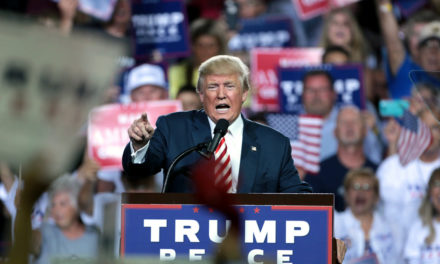
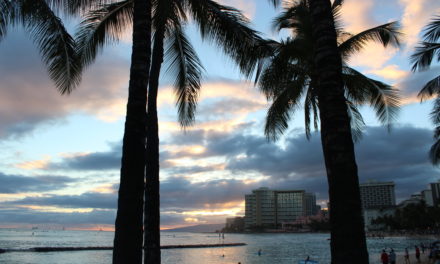
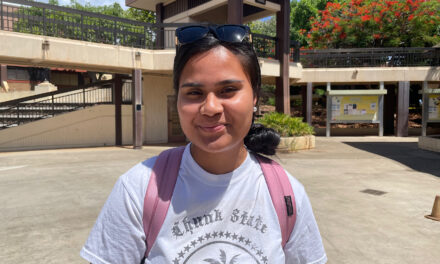
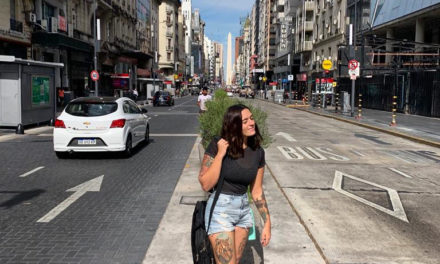
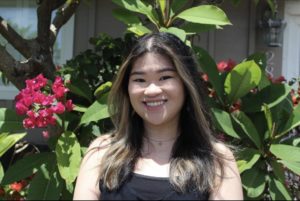
Je voulais juste dire que votre article est tout simplement surprenant. La clarté de votre article est tout simplement géniale et je suppose que vous êtes un expert en la matière. Avec votre permission, permettez-moi de consulter votre flux RSS pour me tenir au courant des prochains articles. Merci beaucoup et continuez votre excellent travail.
Superbe article. J’aimerais en savoir plus sur les modifications que vous apportez à votre site web. Comment puis-je m’abonner à un blog ? Ce compte m’a beaucoup aidé. Je connaissais déjà ce blog et mon message a été clair et net.